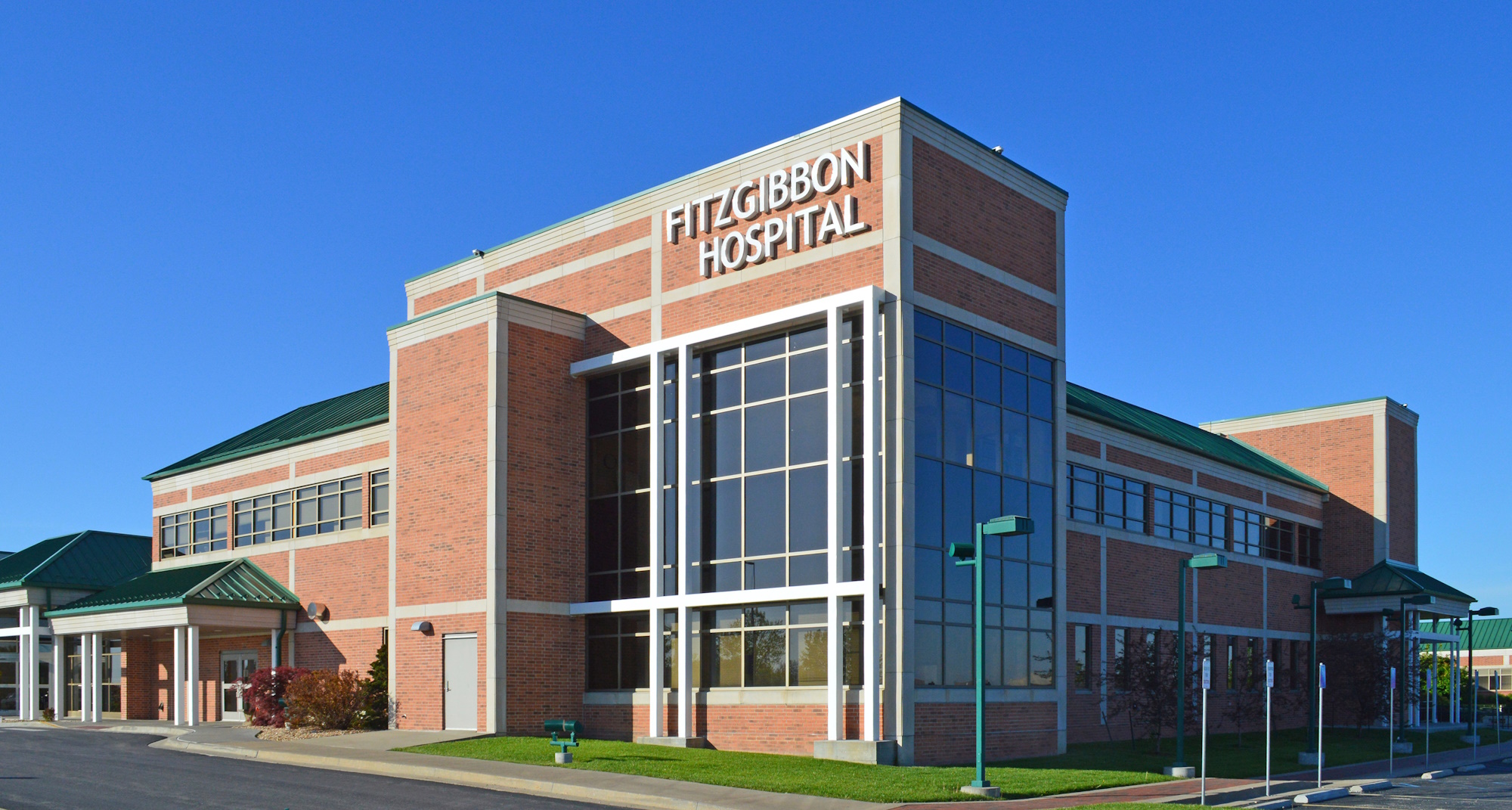Collaboration benefits patient care close to home
November 20, 2020
“All will concede that in order to have good neighbors, we must also be good neighbors. That applies in every field of human endeavor.” That quote from former United States President Harry Truman still lives large today.
In fact, a neighborly act by a Kansas City metro hospital named in Harry S. Truman’s honor recently helped provide life-saving equipment for a patient at Fitzgibbon Hospital in Marshall. And medical experts at metro-area facilities agreed the medical management taking place at Fitzgibbon was spot-on.
As the number of Covid-19 cases began to spike in the Saline County area a few weeks ago, Fitzgibbon Hospital in Marshall experienced a rising number of acutely ill Covid-19 patients requiring inpatient care. And while Fitzgibbon has the capacity to treat patients who test positive for coronavirus, those with the most severe symptoms of respiratory distress are usually transferred to a tertiary facility, which has intensivist physicians on staff and a broader range of treatment options available. But as cases rose, those transfer beds filled; and Fitzgibbon was in need of a high-flow oxygen machine to treat an acutely ill patient in its Intensive Care Unit.
That’s when the relationships developed through participation in a regional emergency preparedness organization shone through. Tom Jones, Fitzgibbon Hospital’s Chief Information Officer and lead of emergency preparedness for the organization, serves as a regional chair for a segment of rural hospitals who participate in the Mid-American Regional Council, based in Kansas City. In the 13 counties who are members of MARC, 44 hospitals routinely convene via teleconference to discuss planning and preparedness issues. The pandemic public health emergency has been no exception.
After two days of discussions among MARC hospital executives assessing the availability of bed staffing and transfer space, Jones spoke with Steve Hoeger, chair of one of MARC’s metro teams and corporate director of safety and emergency management at Truman Medical Center in Kansas City. The rural-urban duo of Jones and Hoeger worked together to secure a transfer bed, if needed, and a high flow oxygen unit which Truman agreed to loan to Fitzgibbon. Not only did Truman loan the machine, but staff there arranged for transport of the machine to Fitzgibbon and training of the local therapists, so the high-flow oxygen could be administered to the patient within an hour of arrival.
“It was truly an urban-rural collaboration among the coalition members,” said Jones, adding that while the MARC group was discussing their various challenges, he was able to telephonically connect a Fitzgibbon Hospital staff physician to provide an assessment of the patient’s condition to other medical personnel on the call. Those individuals included chief medical officers and pulmonologists from several KC metro-area tertiary hospitals who could lend guidance, if necessary, on medical treatment plans.
“They all concurred that we were doing everything exactly as they would in terms of patient care,” said Jones. “They felt really good about what we were doing and had a lot of confidence in the care plan.”
Fitzgibbon Hospital has since ordered eight high-flow oxygen machines, which deliver a higher rate of oxygen to patients via nasal cannula and are critical in treating patients experiencing symptoms of Covid-19 or other types of respiratory distress. Physicians agree that these units further expand the capacity of Fitzgibbon Hospital in treating not only Covid-19 patients but also patients with a variety of respiratory illness, including COPD. The high-flow oxygen machines will continue to be used by respiratory therapy and Fitzgibbon physicians to treat patients long after the pandemic is over.


